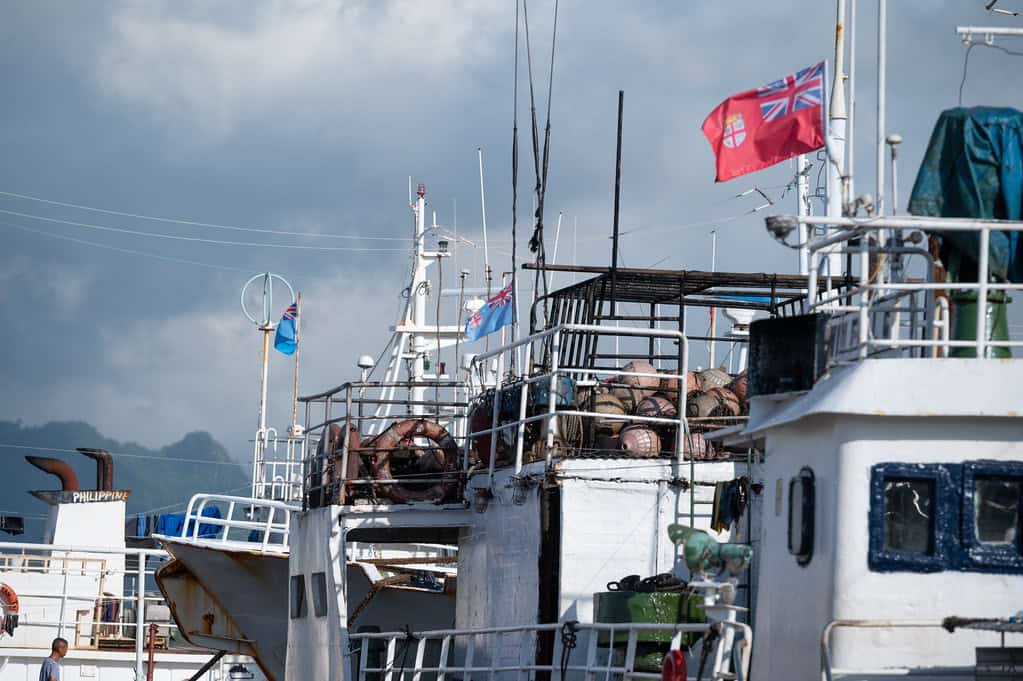Hundreds of kilometres from home, isolated with strangers on the open ocean, risking life and limb to send money to their families, and all without an employment contract - this is the average day for some Fijian men hired as deckhands on foreign fishing vessels.
While the greatest need for an employment contract for the average office worker may be in ensuring that they are given their owed leave days to spend quality time with family, for a deckhand, away at sea for months at a time, such a contract can mean the difference between life and death . . .
Please Subscribe to view full content...
